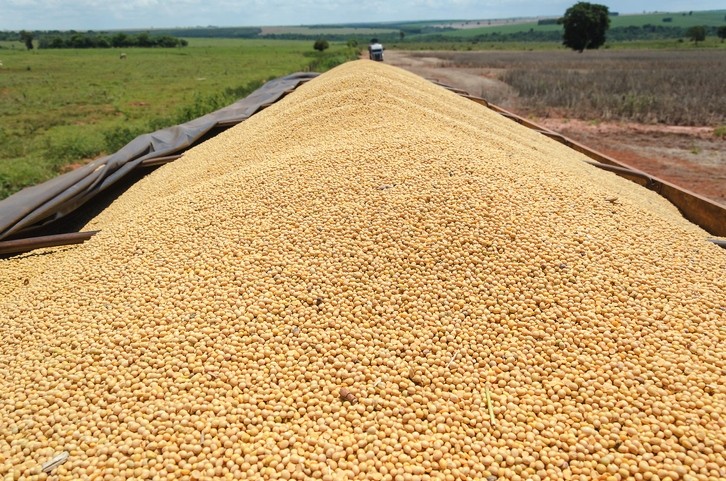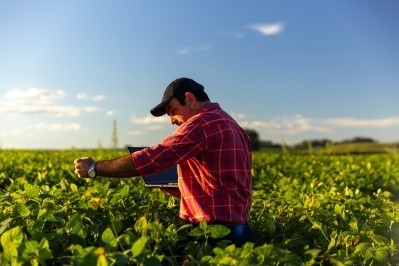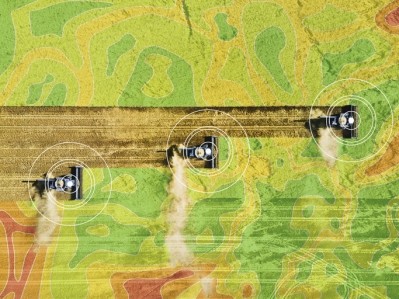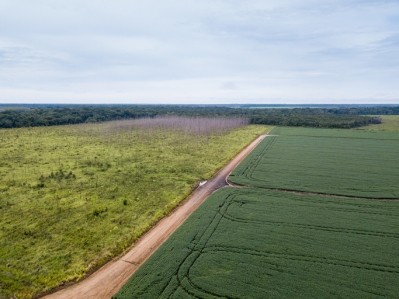Three more schemes benchmarked against FEFAC soy sourcing guidelines

The newly added schemes bring to 15 the number of programs deemed compliant with the initiative, said the European Compound Feed Manufacturers’ Federation (FEFAC).
The benchmarked schemes, to date, also comply with the specific desired criterion on conversion-free soy, said the industry representatives, meaning they offer “responsibly produced soy” grown on land that didn’t come at the expense of any conversion, legal or illegal, of natural eco-systems, including non-forest native vegetation in the Cerrado Biome, as from a certain cut-off date, with 2020 as the latest possibility.
Some 13 of those schemes offer conversion-free soy on at least a mass balance chain of custody basis, added FEFAC.
Several more certification programs have applied for benchmarking against the revised guidelines, a process that is being executed by the International Trade Centre (ITC).
Commenting on the additional benchmarked schemes, FEFAC president, Asbjørn Børsting, said the soy supply chain is ready to deliver a mainstream market supply of “responsible and conversion-free soy” to the European feed sector.
The trade body stressed the critical role certification schemes and programs play to ascertain, in a credible manner, the conformity of conversion-free soy.
It is calling on the EU Commission and other policy makers to consider how such schemes also alleviate administrative burdens for companies looking to source soy responsibly, and it is also urging regulators to maintain all existing chain of custody models including book and claim, mass balance and product segregation mechanisms, saying they are a response to market demands and product specifications.
'Certification alone cannot drive mainstream transformation'
Certification alone - even under identity preserved or segregated models - cannot drive the much-needed mainstream transformation in soy supply chains, according to a retailer led roadmap published last month.
The publication, developed by the Retail Soy Group (RSG), in collaboration with civil society groups, and other key stakeholders, aims to show the way to end industrial deforestation driven by growing soy for animal feed.
"As a supplementary step taken by supply chains, certification may play a role in providing additional evidence to support a third-party verified chain of custody to deforestation- and conversion-free regions within a specific supply chain, as well as promoting greater awareness of the benefits of responsibly produced soy across a range of other issues beyond deforestation- and conversion-free production. However, whilst this provides evidence that a company’s products may be deforestation- and conversion-free, it is not a separate or singular track for delivering on the principles and practices a responsible company needs to be taking to demonstrate effective action,” reads the report.
The publication outlined how some suppliers providing physically certified materials to the company could also be providing deforestation-linked soy to other less demanding clients or markets.
“It is therefore critical that companies engage their suppliers to require and support them to take action across their entire operations to end soy-driven deforestation and conversion, rather than only cleaning up their own supply chains.”









